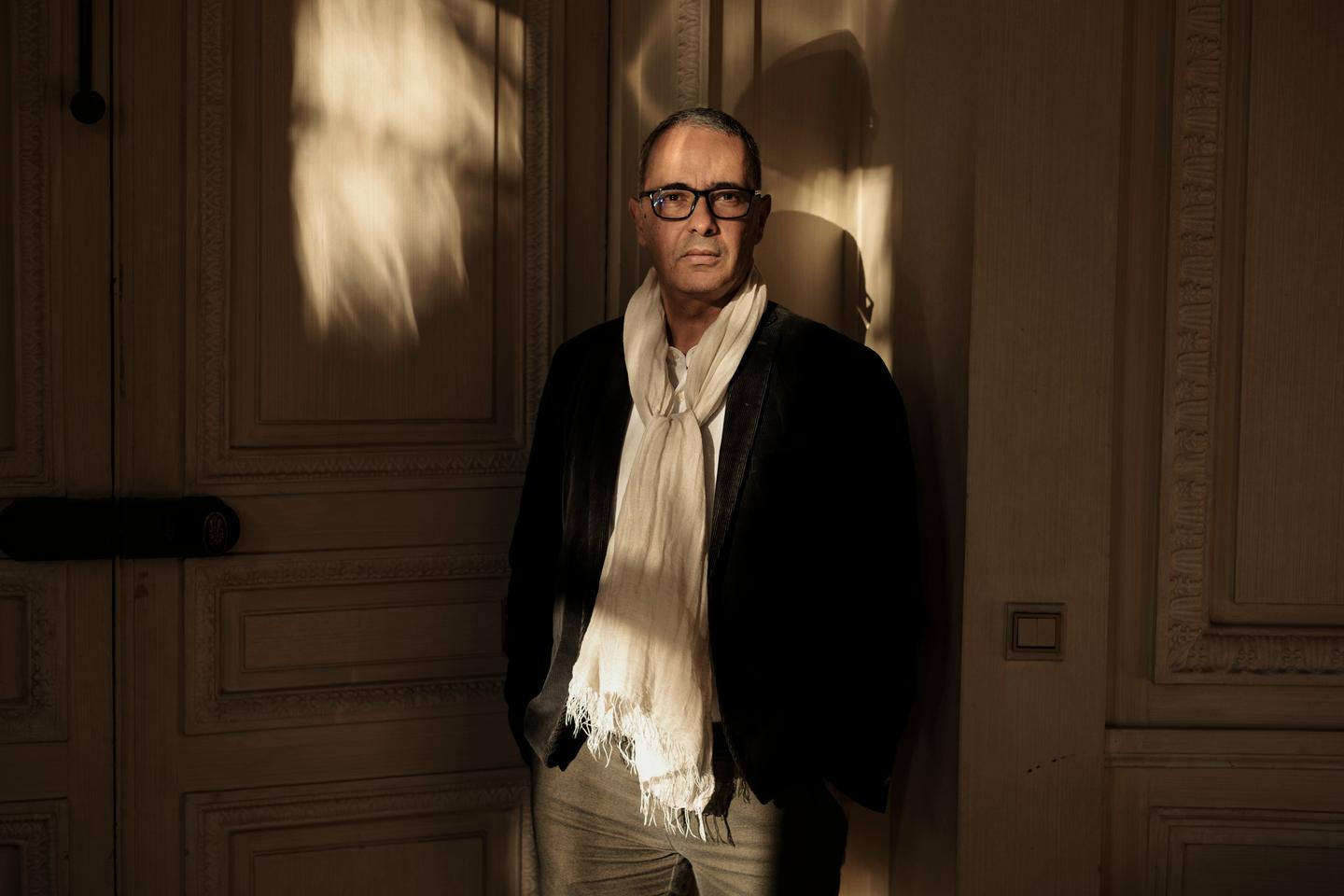Just over two months after the Goncourt Prize was awarded to Houris, the novel in which he explores Algeria’s civil war in the 1990s, writer Kamel Daoud looks back on the award and its literary and political implications. He also responds to the controversy sparked not only by his win but by his support for his colleague and friend Boualem Sansal, imprisoned in Algiers since November 16 for “attacking the integrity of national territory.”
So, how is it winning the Prix Goncourt? Almost two months later, how would you sum up its effect on you?
A rollercoaster ride. On the one hand, moments of intense, beautiful joy. On the other, sometimes violent media exposure. The most painful moment was when my family was attacked: from mid-August, when Houris was published, the regime in Algiers set in motion its media machine against the book, against me, against my publisher Gallimard, and against the Académie Goncourt. Editorials, defamations, insults and threats, searches of stands at the Algiers Salon, interrogations and searches of Algerian bookshops.
The subject of the civil war was still taboo, despite several books having been published. The award of the Prix Goncourt made this hatred explode, as it was a French recognition of a civil war that did not have the “prestige” of the war of decolonization (I never compare the two), and a reward for an Algerian considered a “traitor” by all those who consider France an “eternal enemy.”
In the space of a few weeks, it reached unimaginable heights. I was accused of everything, lynched and slandered, before the regime found another choice target, Boualem Sansal, held as a diplomatic hostage in the manner of the Iranian regime.
You have 90.34% of this article left to read. The rest is for subscribers only.
